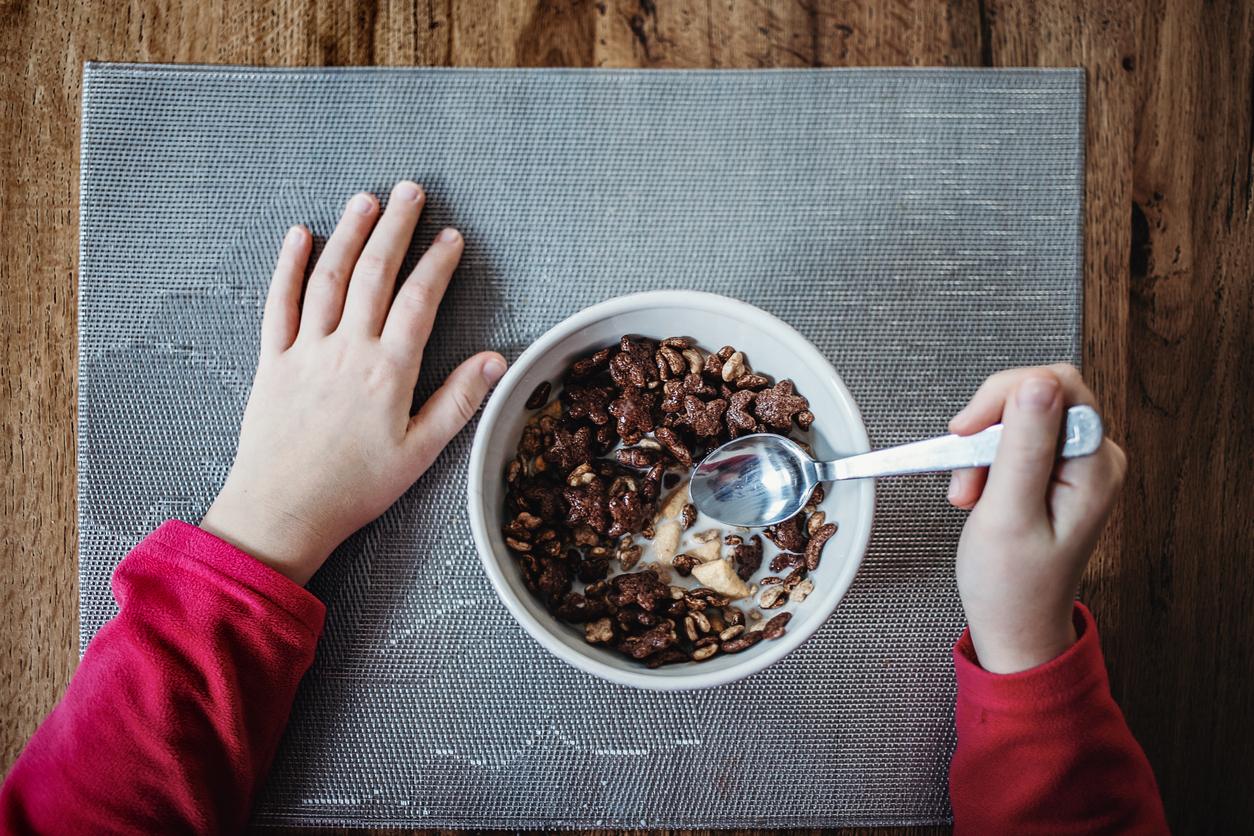Stomach pain, diarrhea, need to run to the toilet ten times a day, severe fatigue, fever, lack of appetite … The first signs of inflammatory bowel disease (IBD) may suggest a simple gastro. And sometimes months go by before the correct diagnosis is made, often by a pediatric gastroenterologist, and an endoscopy can pinpoint the location of the lesions.
“Before digestive signs, it is the delay in growth and puberty which is often the first alarm signal: in Crohn’s disease, it affects about one in two children”, underlines Prof. Frank Ruemmele, pediatrician. at the Necker hospital in Paris.
Two out of three times it is a Crohn’s disease, which can affect the large intestine (colon) or the end of the small intestine (ileum) .In a third of cases, it is a ulcerative colitis (UC), which affects the rectum and colon and causes bleeding.
IBD is on the rise
Several hypotheses could explain the outbreak of IBD: change in diet (decrease in breastfeeding), increase in additives and “bad fats” … The significant decrease in severe infections, due to better hygiene and vaccination coverage, could promote inflammation.
Researchers are also studying the role of intestinal flora (microbiota) and its disturbances. In contrast, no link was found with food allergies and intolerances. In one in three children, at least one of the parents or a close family member is affected, so there is a genetic predisposition.
Long-term treatment is necessary
The objective is to reduce the “flare-ups” of the disease and to prolong the periods without symptoms when the child feels well, goes to school like the others … The drugs are the same as for the adults: 5 -amino-salicylates (anti-inflammatory drugs), corticosteroids, immunomodulators, sometimes anti-TNF alpha). With special care to minimize side effects, as the disease requires lifelong treatment.
“Up to 17-18 years, we treat continuously to induce and maintain remission, and allow the child to grow normally. He sees his doctor at least four times a year. During relapses, there is a very effective treatment: to feed exclusively for six to eight weeks of a special milk (Modulen IBD, Elemental 028 …), which acts as a very powerful anti-inflammatory drug.
Beware of the aggravating effects of tobacco
Cortisone is sometimes used to “calm the fire of inflammation”, but for as short a time as possible, because it slows down growth “, specifies Professor Frank Ruemmele. No special diet is necessary, but fast food should not be abused, and above all, young people should be warned against the aggravating effects of tobacco.


















